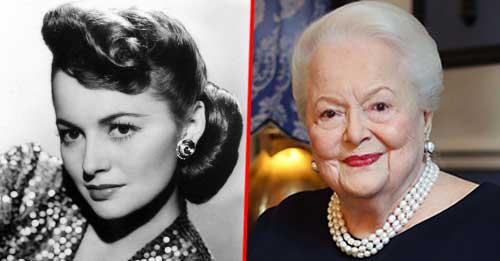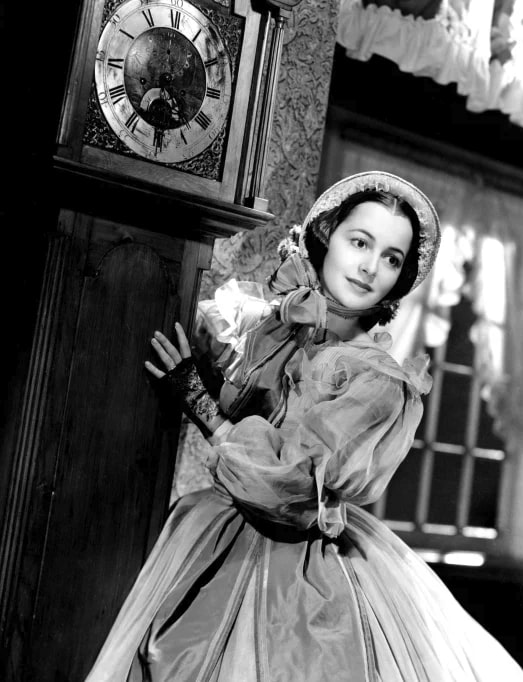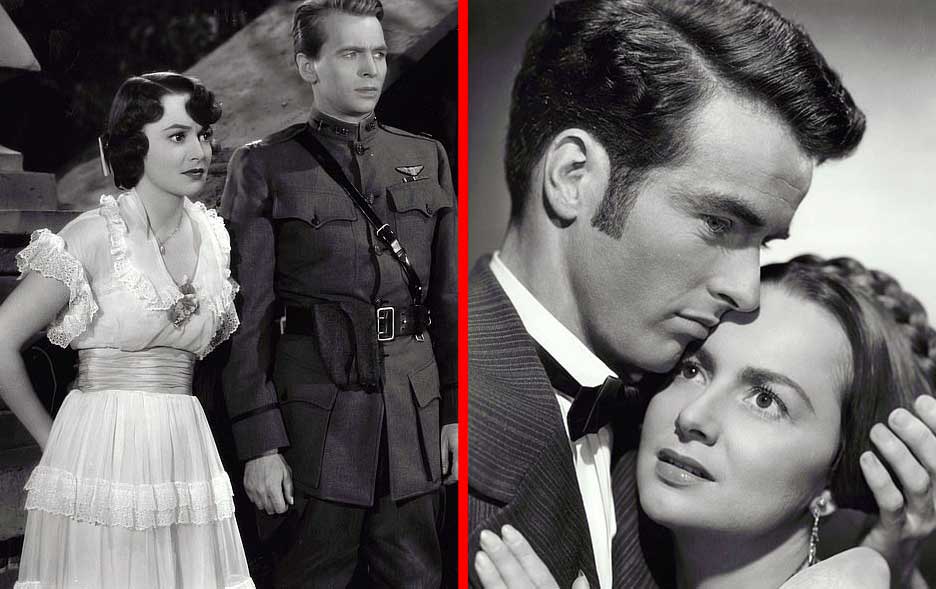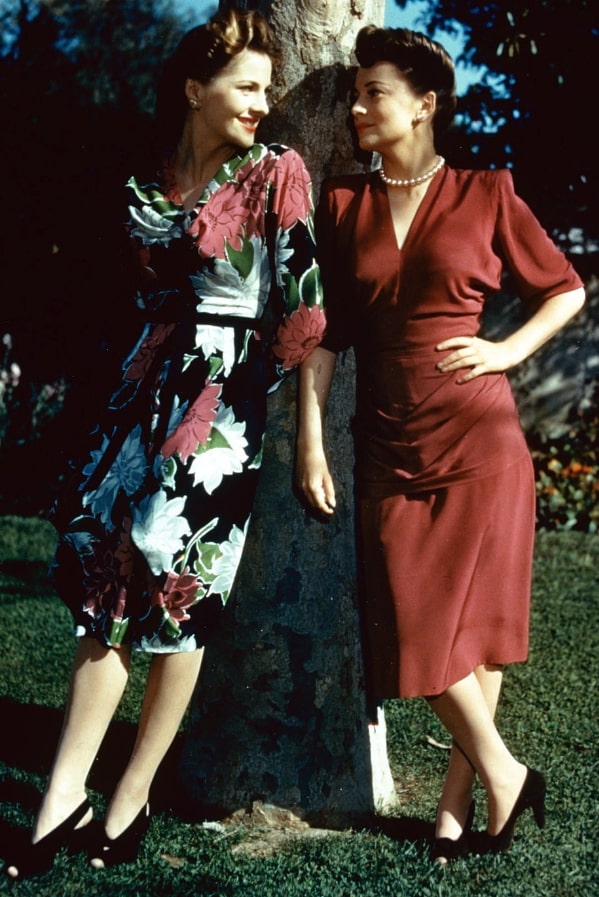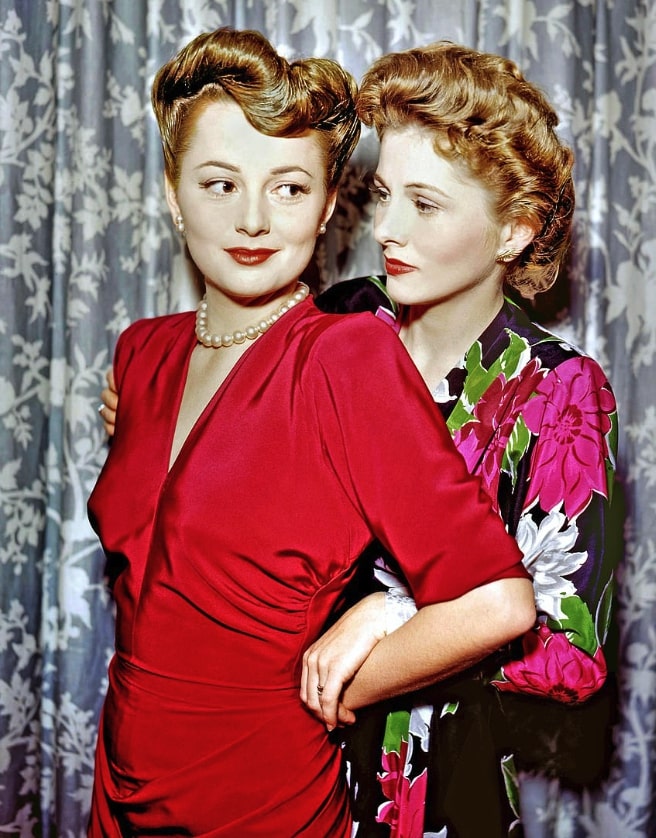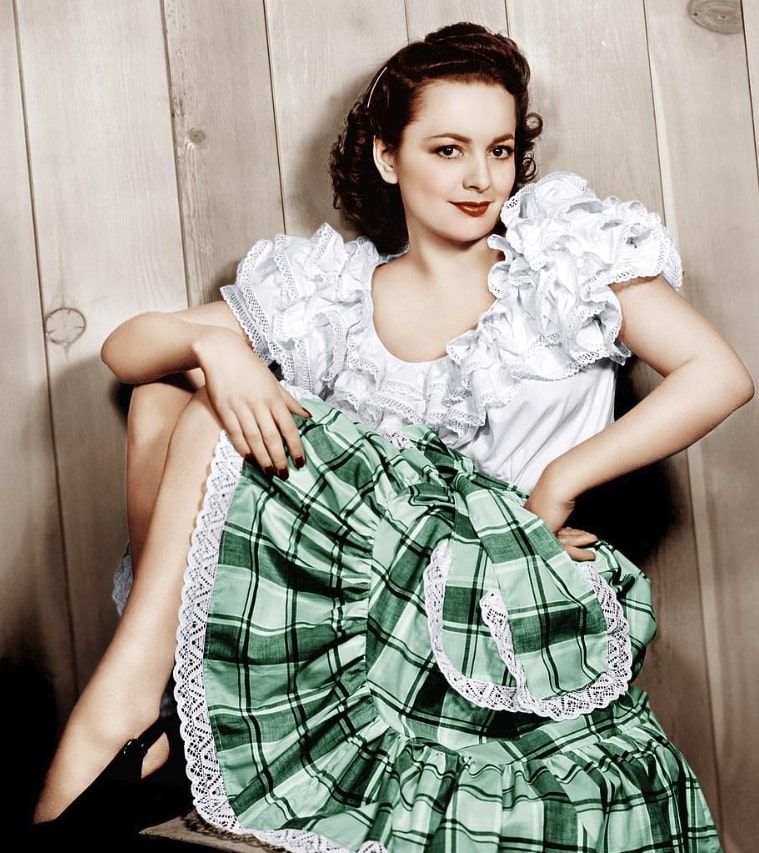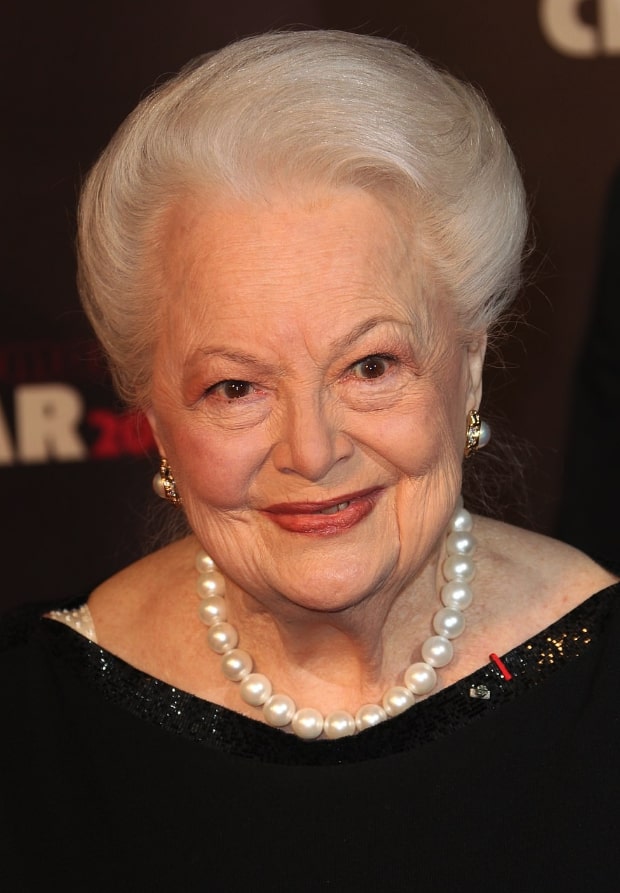Nobody can compete with Olivia’s elegance, control, beauty, strength, intellect, and wit. She was the definition of a lady.
In the 1930s, De Havilland rose to prominence as one of Hollywood’s leading ingénues, appearing in swashbuckling adventure pictures with Errol Flynn, especially the classics Captain Blood and The Adventures of Robin Hood.
She ended the decade with possibly her most well-known performance: Melanie Wilkes in the classic Gone with the Wind, widely regarded as one of the finest Hollywood pictures of all time and, when adjusted for inflation, remaining the highest-grossing film ever filmed.
As Scarlett O’Hara’s compassionate closest friend and confidante, de Havilland gave the film its heart, producing a legendary performance that garnered her her first Oscar nomination.
Her second major contribution to Hollywood occurred off-screen: in 1943, she sued Warner Bros. over the terms of her exclusive contract, claiming the right to work with other companies.
She won the case, striking a blow for performers and weakening the studio system’s hold on them. It is still known as “The De Havilland Law.”
It also meant that de Havilland was able to break out of her ingenue reputation at Warner Bros. and explore more serious parts, which paid off: she won two Academy Awards for Best Actress in a Leading Role for 1946’s To Each His Own and 1949’s The Heiress, among other accolades.
She was honored with a star on the Hollywood Walk of Fame in 1960. She was awarded the National Medal of Arts in 2008. De Havilland died in 1988, although she is remembered as one of the last surviving members of old Hollywood.
Given her background, Olivia de Havilland must have been immensely proud of what she achieved. Her upbringing was terrible and tumultuous. Olivia was born in Tokyo in 1916 to British parents, performer Lillian (née Ruse) and patent lawyer Walter de Havilland.
Olivia also had a younger sister, Joan Fontaine, who was born in 1917. The sisters’ relationships and rivalries were an ongoing source of discussion in the gossip columns.
Olivia and Joan had bronchial issues; therefore, their mother chose to go to California in 1919. The plan was to locate a healthier environment for the daughters, and a doctor recommended Saratoga, in the foothills of the Santa Cruz Mountains.
Unfortunately, Lillian and Walter de Havilland’s relationship was strained. Olivia’s father was well-known for his infidelity and would eventually forsake the family. The father returned to Tokyo 11 days after coming to California to marry his Japanese servant.
Her mother, sister, and stepfather raised Olivia de Havilland. The mother’s upbringing was regarded as harsh. Lillian had great expectations of her girls. Oliva and Joan both required permission to leave the home.
Things went bad at home when a teenage de Havilland, with her large brown eyes and long golden-brown hair, became interested in amateur theater and began starring in school plays.
She was determined to pursue a career in the entertainment world, which led to a heated argument with her stepfather, George Milan Fontaine. He didn’t want her to be an actor and threatened to push her out if she consented to play the lead in the high school play “Pride and Prejudice.”
Olivia’s love of drama, on the other hand, was unstoppable.
Her stepfather, who was notorious for his strict discipline, made it plain that if she left the family, she would be gone for good. The 17-year-old girl accepted the part and moved away from home to follow her aspirations.
Olivia remained at a friend’s house until she received a scholarship at Mills College. And the rest, as they say, is history.
Olivia’s death has left a tremendous void in the atmosphere, like oxygen leaving the room.
On July 26, 2020, she died at the age of 104. According to her publicist, she died of natural causes at her home in Paris.
Of course, Hollywood was quick to pay respect to the great and her remarkable career.
Jane Seymour, who worked with her on a film, described her as “larger than life” and “a brilliant actor.”
One of the most touching accolades came from an unexpected source: actor Jared Leto, who remembered meeting de Havilland in Paris and discussing how the actress’ legal success influenced his own career.
He thanked her for being courageous and shared how her choices affected him and his brother, Leto said on Twitter.
The legendary Olivia De Havilland passed away yesterday. She was 104. Olivia made a powerful impact in my life and I had the pleasure to spend some time with her in Paris. I thanked her for her bravery and shared how her choices affected me and my brother (1/6) pic.twitter.com/R9RXsrWHS9
— JARED LETO (@JaredLeto) July 26, 2020
Fans even paid homage to de Havilland’s star on the Hollywood Walk of Fame.


